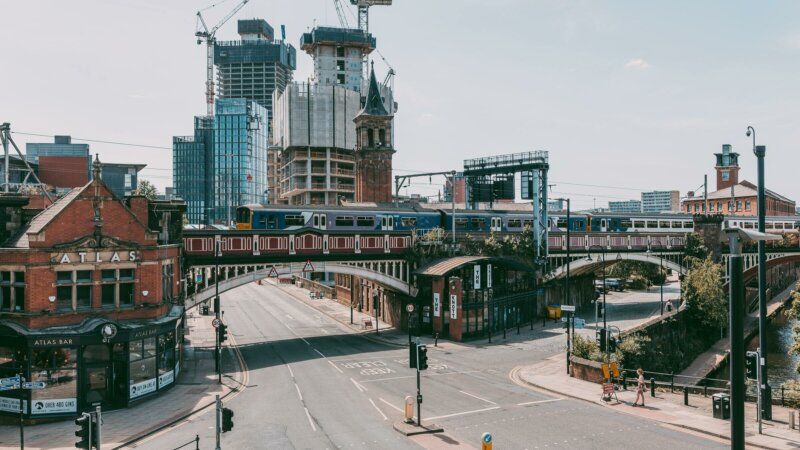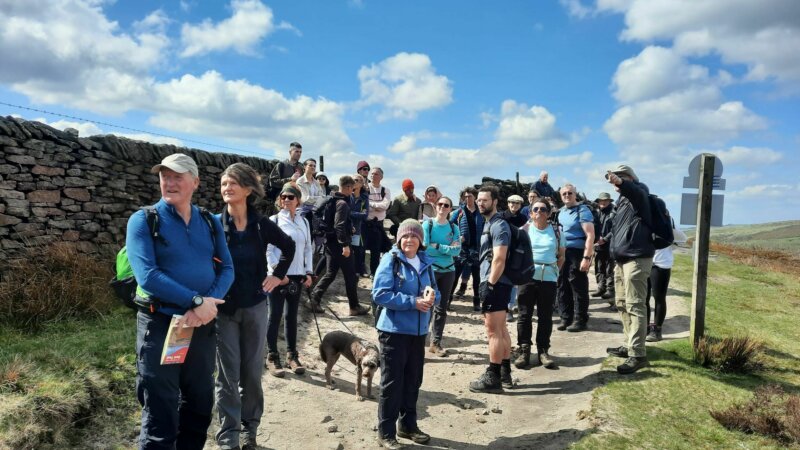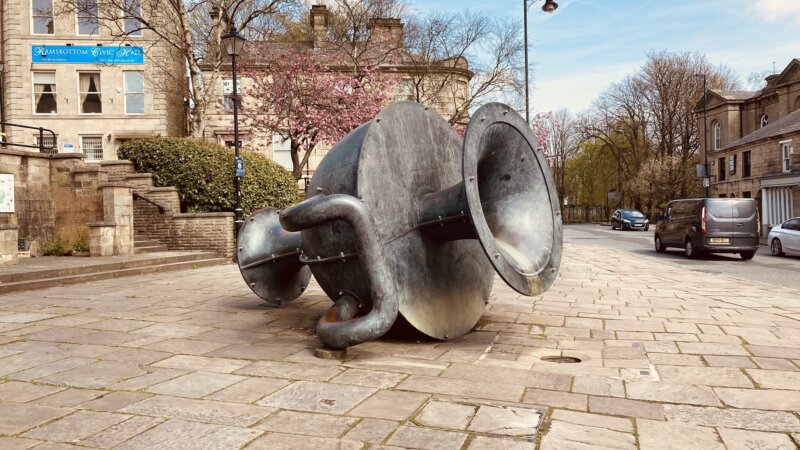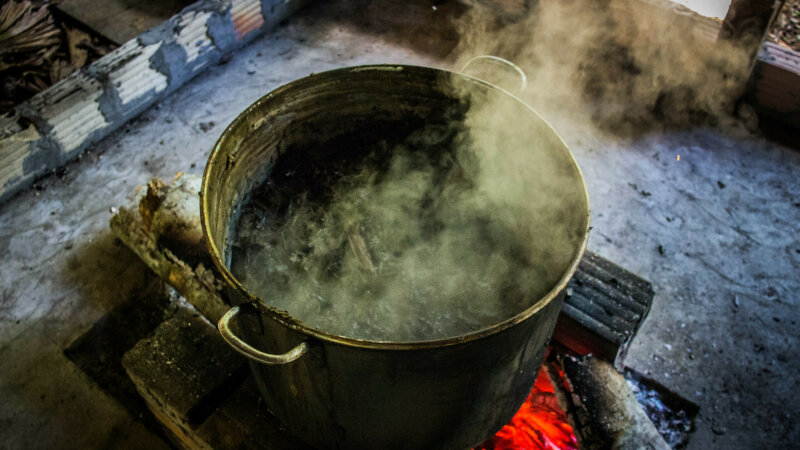Co-operatively Building Energy-Efficient Housing
Community-led co-operatives are stepping in to fill the gap in boosting the energy-efficiency of our housing.
Energy is a pressing issue on everyone’s mind. It’s in constant demand and isn’t particularly cheap, with masses wasted daily through simple things such as not switching off devices and poor insulation. As a result of this, there’s a huge push towards creating the means for a sustainable future. This can, and is, being pursued in a number of ways: by using energy in a more responsible way; making sure that our homes and flats are set up in such a way that energy use can be more easily controlled; and by ensuring that our homes are future proofed for the changing needs of the 21st century.
In spite of these pressing needs, the sharp drop in council owned buildings over the last 30 years has meant that the burden of ensuring energy efficiency is being carried almost solely by the homeowner, and although some government grants are available – an example being assistance in acquiring solar panels for your home – this can be a costly affair.
Help is at hand, and community-led co-operatives are stepping in to fill the gap. Although not yet prominent in the UK, in Europe there’s a longstanding history of communities coming together to better their area. When building new houses, for example, groups combine as co-ops or more private ‘Baugruppen’ (‘building groups’) to pool their mortgages and purchase a piece of land. After hiring an architect, they can then build the properties themselves or hire builders to bring their plans to life. This is all made possible because utility links are then provided by the state. Costs that would be driven up by speculative development are kept down because the end buyer is guaranteed and a better sense of community is fostered; clearly cooperatives are an attractive option.
Carbon Co-op began in 2008 as a group of Greater Manchester residents whose aim was to begin upgrading housing to 2050 levels through creating a membership scheme to pool resources. By grouping together and purchasing in bulk, the cost of future-proofing your home is reduced and the savings can be shared across the entire community. The residents who were initially involved have already begun changing their homes and communities, and their new aim is to provide a way for others to do the same, by sharing advice and the various resources that have now been put in place by the group.
Having teamed up with URBED (URBanism, Environment, Design), also based in Manchester, the group have developed a simple means of making a home much more energy-efficient. The first step is to become a member, and then get a household assessment. This can be a little pricey, but it allows URBED to put together a report of exactly what improvements can be made to your home and also what the savings will be afterwards. The whole project is about longevity as opposed to short-term gains, and so its focus is on leaving a legacy of changing the way we see the homes we live in.
Savings can be small or big. It all depends on how you want to proceed. Small(er) savings can be made in individual changes, things like ensuring that the property is double or triple glazed, or that the loft or attic is insulated properly. At the other end of the scale, it’s possible, with design or architectural help, to retrofit your entire home with the most energy-efficient options possible. If you’re really brave, or just a bit handy, you might want to take the DIY route and install these changes yourself. If so, you’ll be able to draw on the wealth of advice and knowledge that Carbon Co-op have to offer, as well as making use of training and discounts on bulk orders associated with fitting windows or insulation.
Up to now, 12 households have been fully retrofitted in the Greater Manchester area, achieving emission reductions of 80%. By working closely with URBED and the University of Salford, the Carbon Co-op are working to establish and evaluate how much can be saved by these measures. One thing to note is that at an average cost of £40,000, the ability to completely retrofit a house to the desired standards is still pretty far away for most people, but Carbon Co-op are investigating how to roll out these changes in greater numbers, which will allow more people to make the savings as well as be much greener.
Eventually this is something that will have to change on a much grander scale, and possibly with the assistance of government, either through grant schemes and subsidies or by forcing change through new laws and regulation. Until then, like with most initiatives, it falls to the residents to make the first move and push for a change, and Carbon Co-op and their work is a model of how to do just that.





